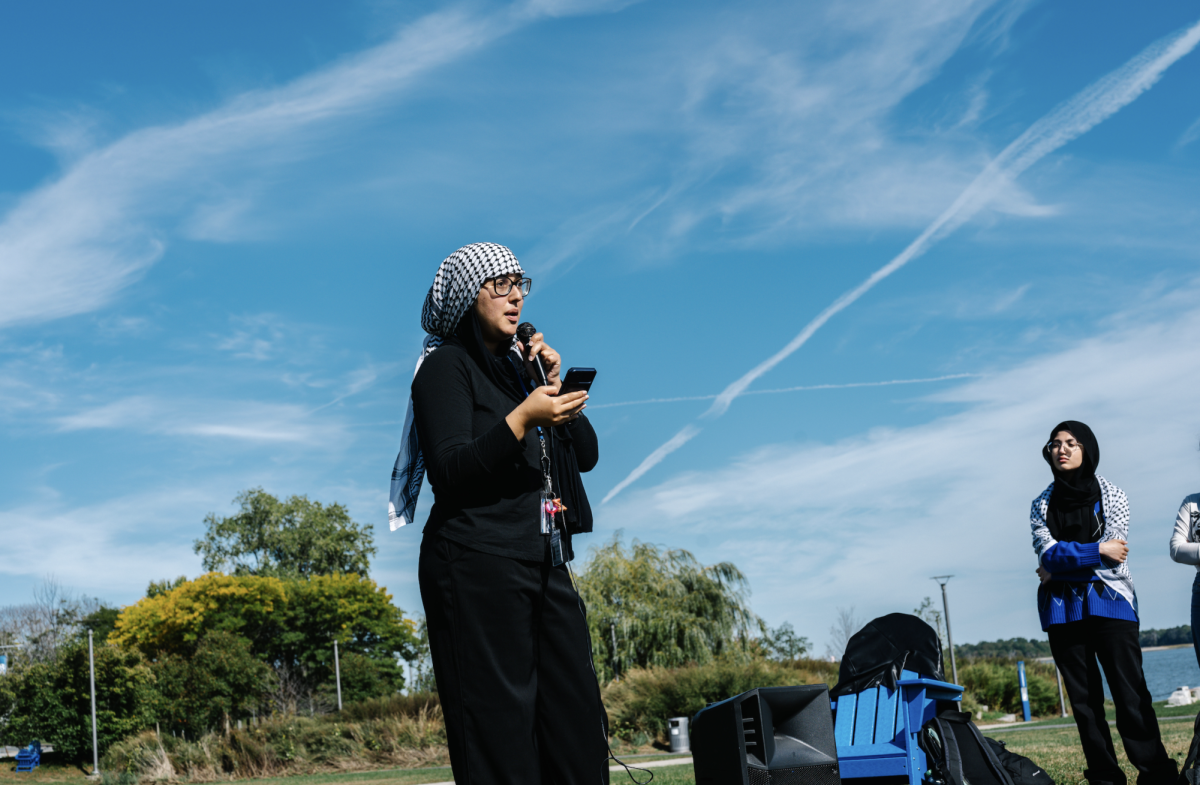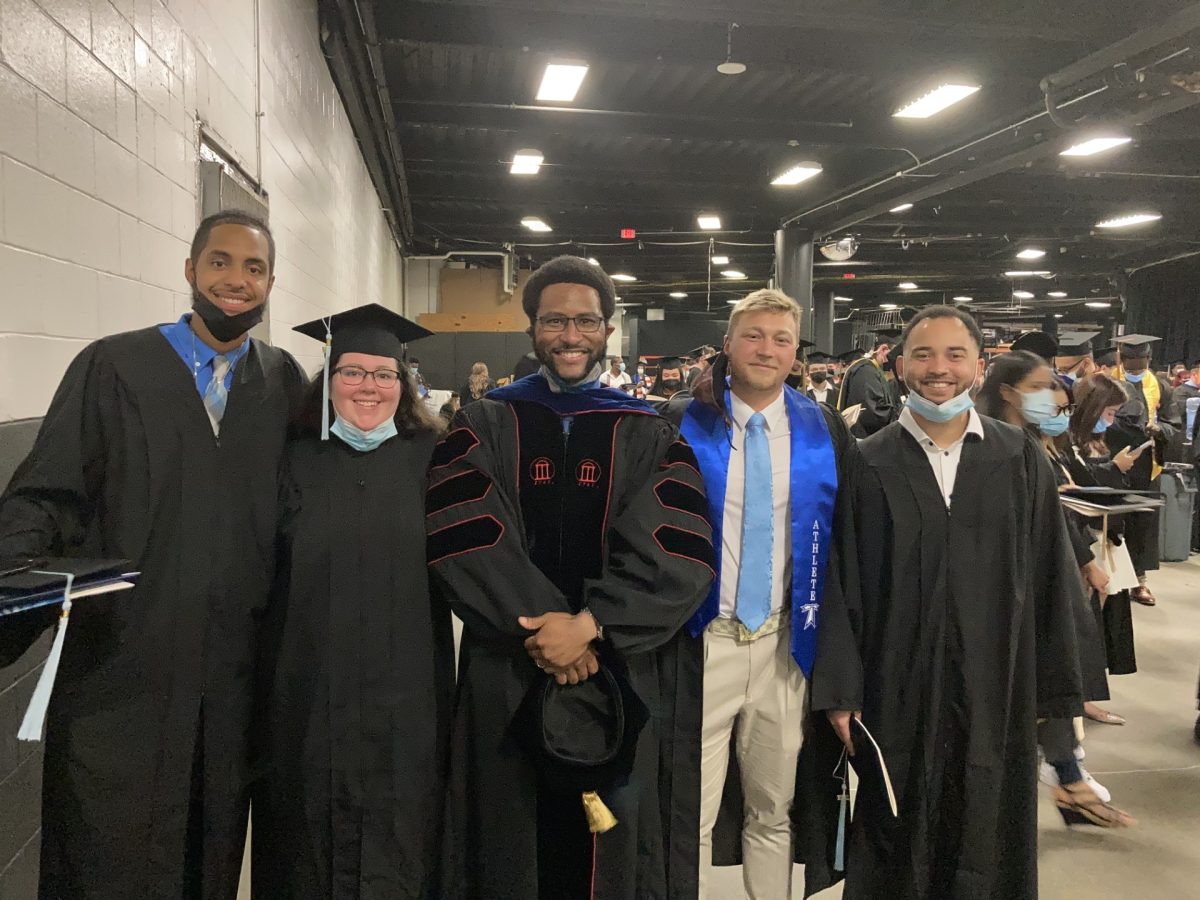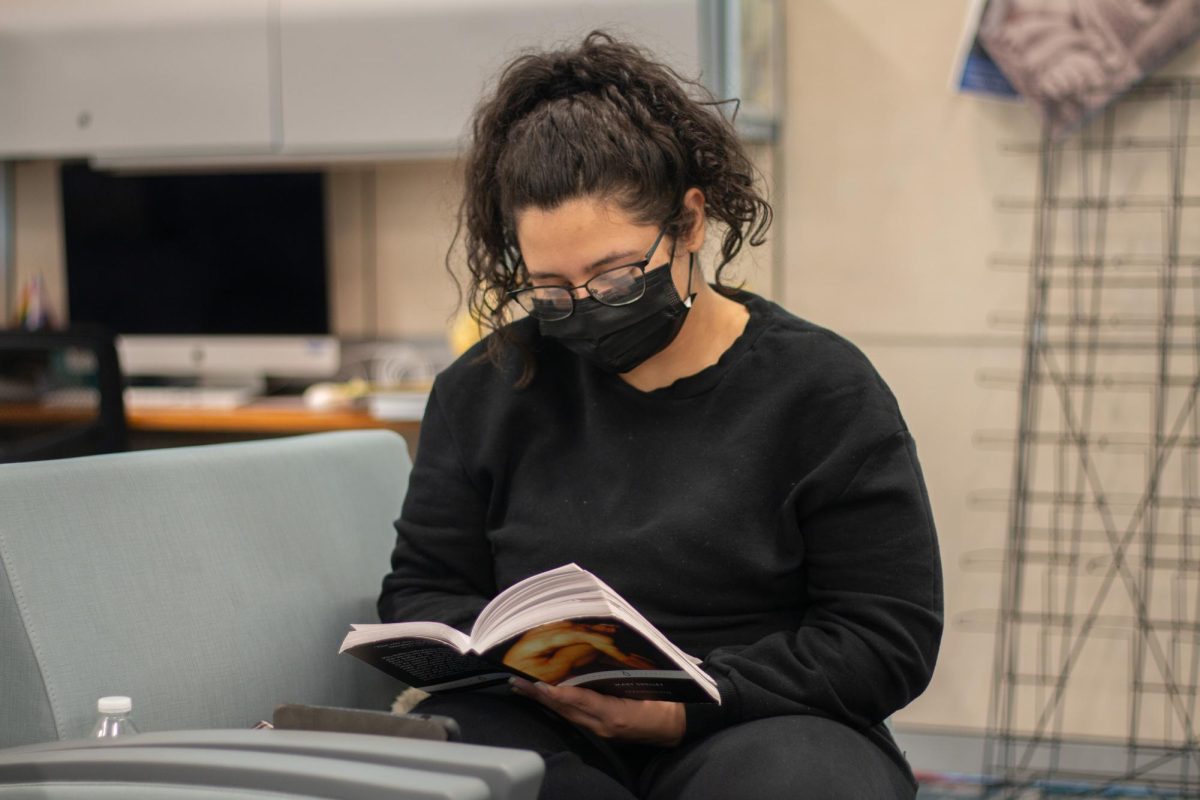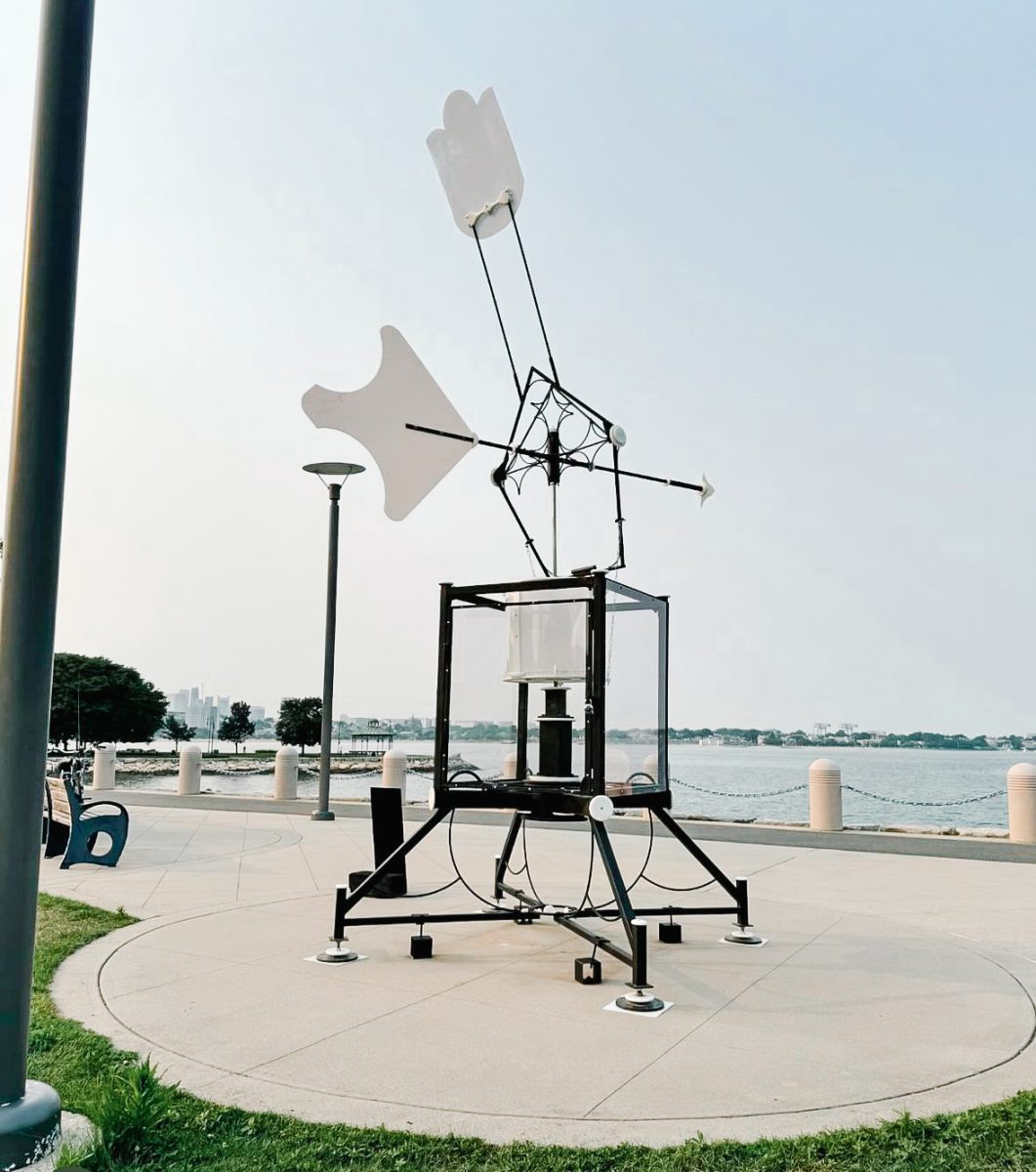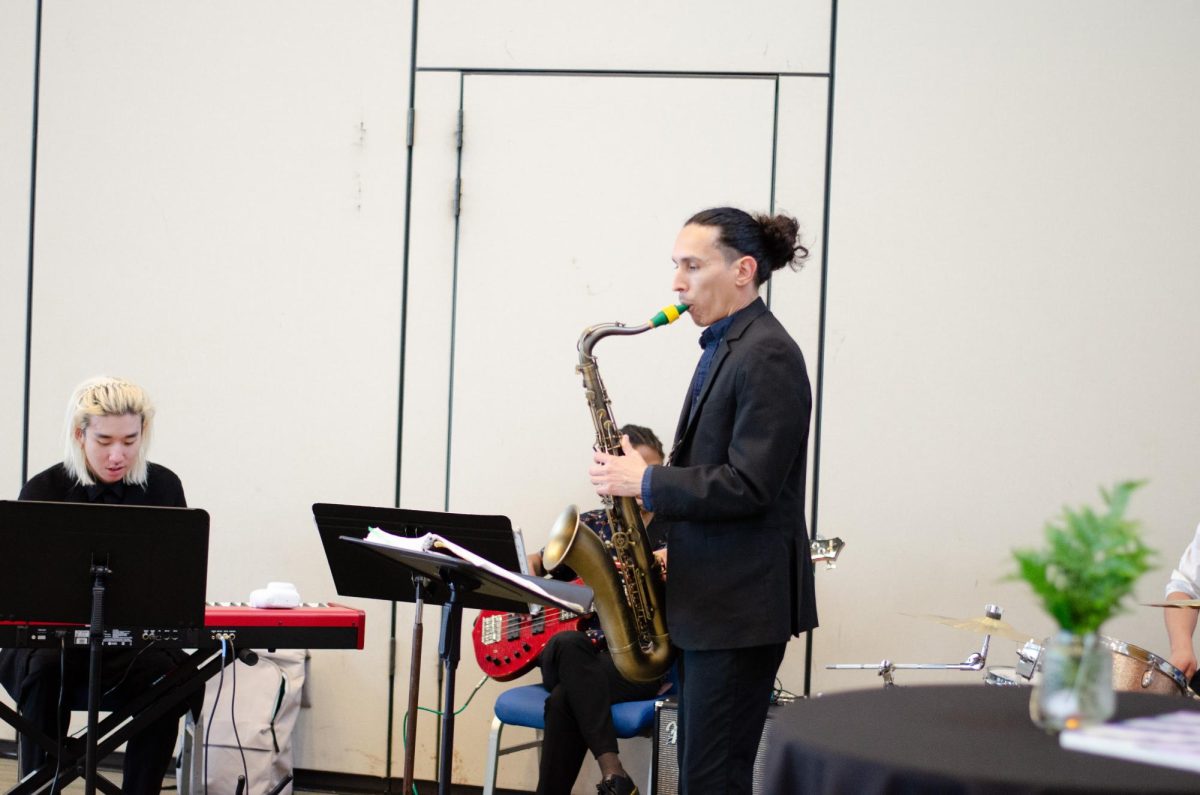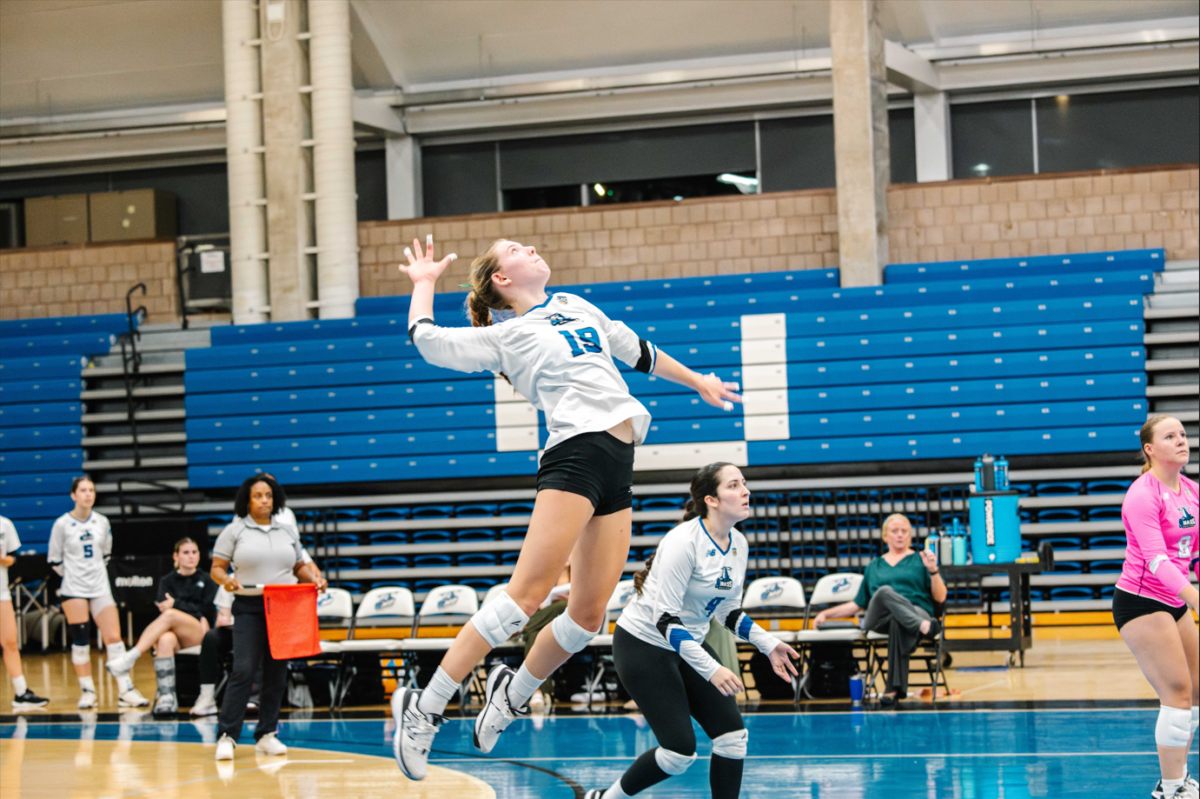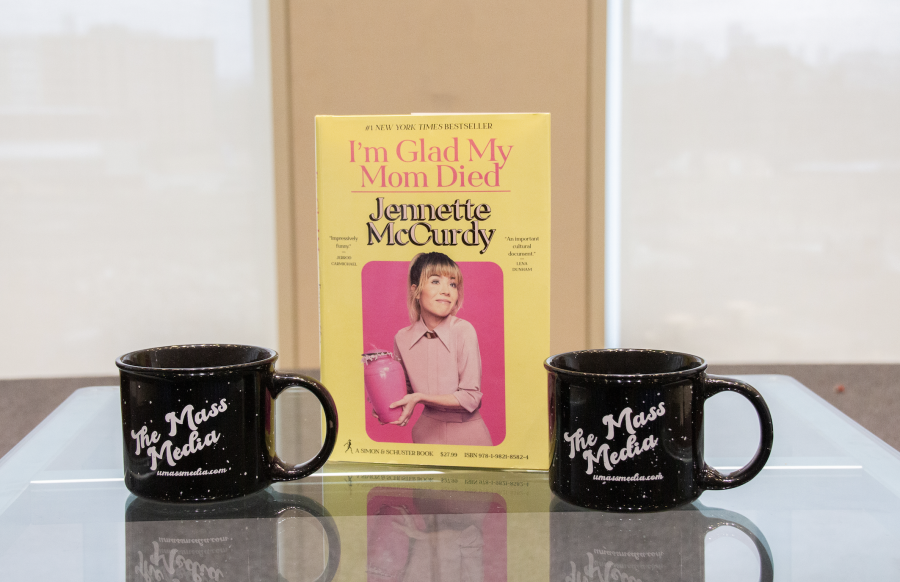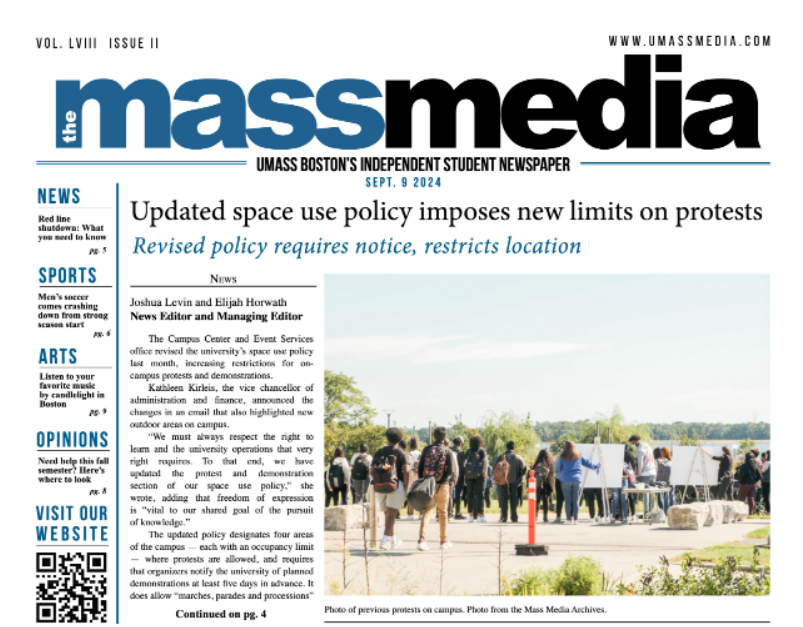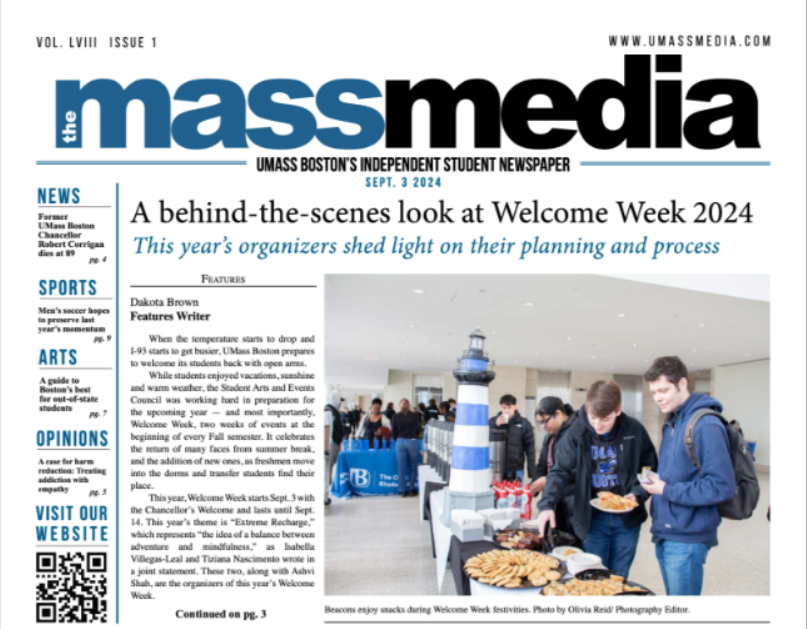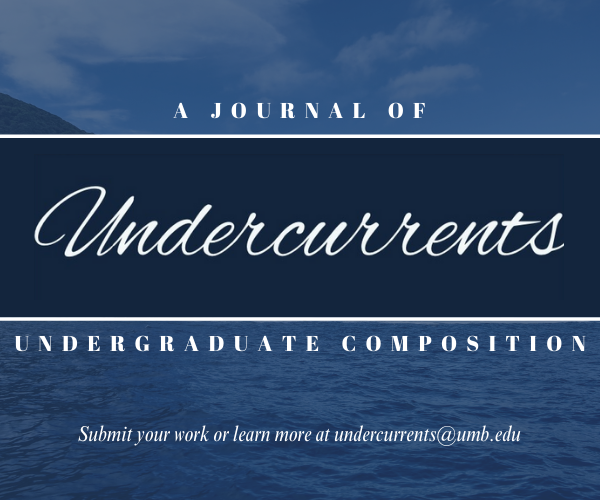Contribute to The Mass Media
Before you start writing, please take a look at our contributor requirements below. You can also find The Mass Media Style Guide here.
Requirements
Journalistic Integrity
Your article must be accurate, with all claims and quotes fact-checked and cited appropriately. Do not omit certain parts of sources to fit your view or opinion — if your source does not support or actively contradicts any part of your claim, then you either need to find a new source or find a new claim. To cite a source, insert a link into an appropriate phrase, like this. For the print edition, add an additional statement explaining where the source is coming from: something like “The Boston Globe reported,” or “according to Reuters.”
Unless your article is an op-ed, it must be completely neutral and unbiased. Find sources from as many viewpoints as possible, and don’t editorialize, spin, or otherwise misrepresent sources.
You may not write an article about any event or organization you are involved with. This is a conflict of interest, especially if you are being paid in any part for your involvement or for the article. Feel free to check in with us first if you’re unsure.
If we find that your article is inaccurate or biased in some way, it won’t be published until we have a conversation and the article is revised.
Word Count
Headlines should be 8-10 words in length—more specifically, they should be roughly 60 characters. This is so they fit exactly across the width of the page when we print. For consistency, this still applies to articles that will only be published online.
Articles have a strict word count of 500-800 words. Certain exceptions can be made for articles in the 450-850 word range, but only with the approval of a member of paid staff. This should either be the section editor you’re submitting your article to, or the heads of the newspaper, the Editor-in-Chief and the Managing Editor.
In articles written in journalistic style, paragraphs are much shorter than normal. Long paragraphs look even longer in the print edition, where the text is laid out in narrow columns. Aim for a length of 60-70 words per paragraph, and no more than four sentences.
Spelling and Grammar
The Mass Media uses AP Style, a very common guideline for journalistic publications. Here is The Mass Media Style Guide, which you are not expected to read in full (but you can if you want). It outlines every detail about grammar expectations.
Please use good judgment in writing your articles. You’re not expected to have perfect grammar, but pay attention to details like spelling, capitalization and punctuation. The most important thing is making sure your writing is clear, concise and neutral.
Section
News articles are your “typical” kind of article you’d see in any major publication. They relay basic facts about something, like what happened, when, where and why. All news articles must be straightforward, neutral and accurate, regardless of how controversial or not their subject matter is. If you’re writing a news article, you may want to email people involved to ask for interviews or quotes.
Arts and Lifestyle articles focus on everything from song and movie reviews to event recaps to recipes and more. These articles are usually lighter, and can be more opinionated than news articles, but should still stay objective and unbiased in their reporting of events or organizations.
Sports articles cover UMass Boston’s sports teams, including game recaps and highlights, stories about players and coaches, or broader articles about the state of UMass Boston sports. Just like an arts and lifestyle article, sports should stay completely neutral, although there is sometimes room for a writer’s personal opinion.
Opinion articles are the kind of articles most contributors will write — while everyone who writes for the opinions section has an obligation to be factually correct in their story, they can represent whatever opinion they choose. We ask that most op-eds are UMass Boston or Boston-focused, but recognize that many stories will be more broadly political.
Humor articles can basically be whatever you want. You could satirize a real aspect of UMass Boston or Boston life, or make up your own story completely from scratch. All humor articles still must follow The Mass Media’s rules for vulgarity, so use your better judgment as you write your article, and don’t write anything that could be offensive or inappropriate.
Some articles might also be classified as a features article. These articles are shorter, lighter news stories that focus on a person, club, or trend on campus who deserves a highlight. If you think your story could be a features article, mark it as news but leave a note somewhere in your submission.
All articles from contributors (writers who are not paid members of staff) will be published online on a rolling basis. You will work with the section editor of the section you’re contributing to, as well as the Managing Editor, to get your article written and edited. If you have any questions or need help with any part of the process — from brainstorming to interviews to grammar and tone — please don’t hesitate to reach out to either of these people.
Happy writing!












